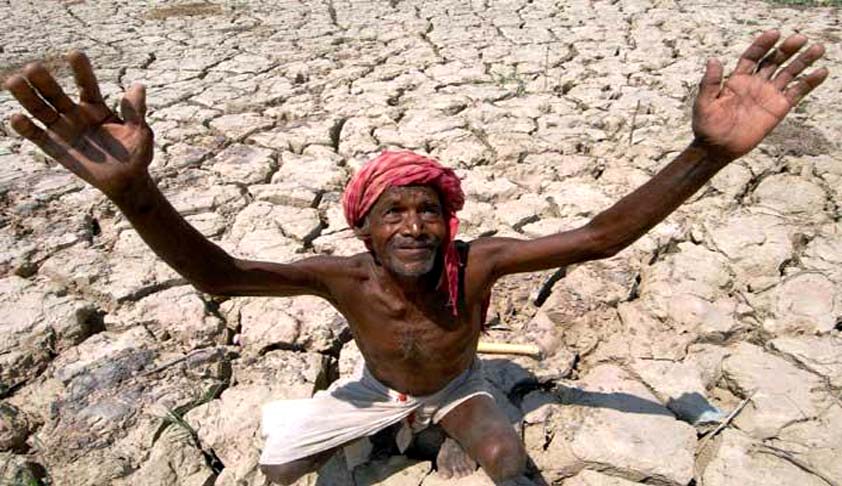- Home
- /
- Top Stories
- /
- SC Favours National Policy To...
SC Favours National Policy To Prevent Farmer Suicides
LIVELAW NEWS NETWORK
28 Jan 2017 10:03 AM IST
“The issue involved in this case is not only sensitive, but is of public interest at large. In this view of the matter, we are of the view, that the Union of India, besides the Reserve Bank of India, and all the State Governments and Union Territories, need to be added as party respondents, so as to enable them to assist this Court, to arrive at an effective determination in the matter”...
Next Story



